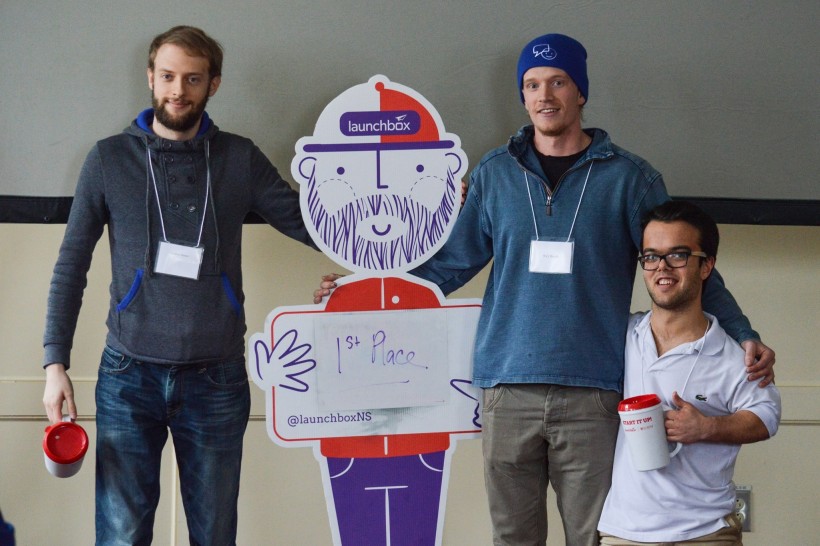Atlantic Canada last week hosted a flurry of youth and student entrepreneurship events, with hundreds of participants and cash prizes totaling thousands of dollars.
The highest profile event was YES Atlantic, or the Youth Entrepreneur Summit, in Fredericton, which attracted about 300 delegates from across the region. But there were also student pitching events in Fredericton and Wolfville, and the Starting Lean program at Dalhousie University held its regular presentation night early in the week.
“Many of these types of events focus on home-grown solutions for Atlantic Canada, but YES frames the impact young citizens have on our communities, and how we are different from the generations that came before us,” said Nicola MacLeod, one of the millennials attending YESatlantic. “It highlighted our uniqueness in a positive light, especially when it comes to our interest in environmental and social responsibility and a natural tendency towards entrepreneurial thinking.”
ExVivo Wins $25K Business Model Competition
Most of the events featured student pitches, some for ideas cooked up over the weekend. It’s difficult to assess youth or student pitches because the ideas are presented as real businesses, and you’ve got to remind yourself that these are students. By definition, the students are there to learn and the measure of success should be how many young people are learning and how they’re progressing.
Using that yardstick, there’s a lot to applaud. Consider this tweet from New Brunswick Innovation Foundation CEO Calvin Milbury on Thursday regarding the Student Pitching Competition at University of New Brunswick:
“Wow! 30 pitches, 70 students involved in #SPC2016 at @UNBTME. That's a 5X jump since inception 10 years ago. #ECSW2016.”
So the number of teams in the UNB pitching competition has gone from about six to 30 in a decade. The pitches ranged from Rainbow Data Computing, which helps students save money, to Trispectra Innovation, which senses, and reports power outages. The winner, claiming $2,000, was CanCross, which is proposing stronger, field-tested prototype bridges allowing heavier transportation loads in the forestry industry.
On Saturday, I had the pleasure of being a judge at Start It Up, a pitching competition organized by Launchbox, the Acadia University sandbox.
Seven teams of students had 29 hours to come up with a business proposal, and the winner of the $6,000 first prize was a team called The Hat, comprising Wes Booth, George Kashap, and Geoff Mason. The Hat uses social media to assess the characteristics of a company’s employees, and then uses that information to help the company recruit the best hires.
The $3,500 second prize went to Ohme Energy, which is developing smart wall sockets that tell homeowners how much energy each appliance is using. Smartbox, which proposed a form of packaging that would enhance tracking during shipment, took home the $500 third prize.
All in all, it was a week-long celebration of young people’s contribution to the entrepreneurial community in the region.
“Those messages are so needed in places where confidence in millennials can be low,” said MacLeod. “Some even believe we're too lazy to make a bowl of cereal. The conversations that occur at YES and projects like the Millennial Dream shatter all of that. We are entrepreneurial and community oriented in a way that generations have not been before.”










